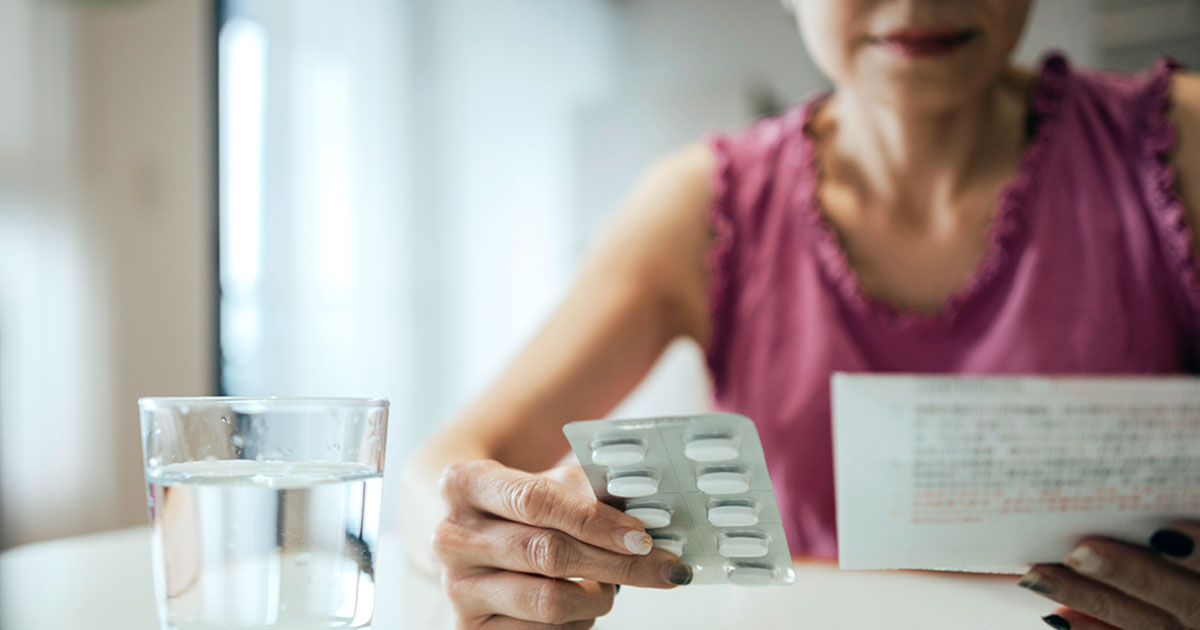Starting hormone replacement therapy (HRT) is a life-changing journey for many people—whether it's for managing menopause symptoms, gender-affirming care, or addressing hormonal imbalances. While much attention is placed on the physical changes, the emotional landscape can be just as significant.
If you’re wondering “can HRT cause depression?”, or you’re simply looking to understand the emotional effects of hormone therapy, this article provides clarity, support, and expert-backed information.
Understanding HRT: A Quick Overview
Hormone Replacement Therapy (HRT) is a medical treatment that introduces hormones into the body to compensate for imbalances or deficiencies. There are two major contexts in which HRT is used:
- Menopausal HRT: For women experiencing menopause, HRT helps manage symptoms like hot flashes, night sweats, mood swings, and vaginal dryness.
- Gender-Affirming HRT: For transgender individuals, HRT plays a vital role in aligning one’s physical characteristics with their gender identity, involving estrogen or testosterone therapy.
While the physical benefits of HRT are well-known, the emotional side effects can vary significantly from person to person.
Emotional Effects of Starting HRT
1. Initial Emotional Shifts
In the first few weeks of starting HRT, it’s normal to experience a wave of emotional changes. These can include:
- Increased sensitivity
- Mood swings
- Emotional release (tears, anger, or joy)
- Heightened awareness of identity or past trauma (especially in transgender individuals)
The emotional responses are typically tied to how your brain and body are adjusting to new hormone levels.
2. Emotional Relief for Many
For menopausal women, HRT often alleviates anxiety and irritability linked to hormonal drops. Estrogen, in particular, has a mood-stabilizing effect for many. As the body adjusts, many users report:
- Improved sleep
- Better emotional control
- Reduced anxiety
- Enhanced sense of well-being
Similarly, gender-affirming HRT can bring immense emotional relief. Feeling more at home in one’s body can reduce gender dysphoria and boost mental health.
Can HRT Cause Depression?
A commonly searched question is: “can HRT cause depression?”
The Short Answer: It Depends
HRT doesn’t cause depression in most people, but some may experience depressive symptoms, especially during the initial adjustment phase.
Key Considerations:
- Hormone fluctuations: Rapid changes in hormone levels can trigger mood instability.
- Individual sensitivity: Everyone reacts differently to hormones. What boosts mood in one person might cause emotional discomfort in another.
- Pre-existing conditions: If someone has a history of depression or anxiety, they may be more susceptible to mood-related side effects.
- Improper dosing: Too much or too little hormone can disrupt brain chemistry.
Scientific Perspective
Some studies suggest that estrogen can enhance mood, particularly in menopausal women. However, others note that testosterone therapy (especially in high doses) may increase irritability or emotional numbness. These reactions are rare but possible.
Thus, while the answer to “can HRT cause depression?” isn’t a universal yes or no, it’s important to monitor mental health during treatment and work closely with a provider.
The Emotional Stages of Adjusting to HRT
1. Anticipation and Anxiety
Before starting HRT, many people feel hopeful but anxious. Questions like “Will this work for me?” or “How will I feel?” are common. This phase is emotionally intense.
2. Adjustment Period (First 1–3 Months)
- Hormones are fluctuating.
- Side effects may include mood swings, fatigue, or mild depression.
- Your body is trying to find its new balance.
3. Stabilization Phase (3–6 Months)
- Emotional highs and lows begin to smooth out.
- Most people begin to feel the long-term benefits.
- It’s easier to assess whether HRT is working emotionally and physically.
4. Long-Term Emotional Wellness
Over time, the right HRT regimen often results in emotional stability, improved mental clarity, and a better quality of life.
How to Support Your Mental Health While on HRT
1. Track Your Mood
Use a journal or app to note mood changes, energy levels, and emotional triggers. This helps both you and your doctor adjust your treatment if needed.
2. Communicate with Your Provider
If you find yourself asking “can HRT cause depression?” because you feel down, talk to your doctor. You may need a dose adjustment or additional support like therapy.
3. Therapeutic Support
Counseling or support groups can be incredibly helpful. Especially for transgender individuals, having emotional support during HRT can make a significant difference.
4. Lifestyle Enhancements
- Regular exercise
- Mindfulness and meditation
- A balanced diet
- Avoiding alcohol and drugs
These help regulate hormones naturally and support mood stability.
When to Seek Help
If you experience the following symptoms after starting HRT, consult a healthcare provider immediately:
- Persistent sadness or hopelessness
- Suicidal thoughts
- Panic attacks
- Emotional numbness
Although rare, these can be signs that your body isn’t responding well to the current hormone regimen.
HRT Success Stories: Real Emotional Transformations
Many users report that HRT transformed their lives emotionally:
- Menopausal Women: Regain clarity, better relationships, fewer emotional breakdowns.
- Transgender Individuals: Reduced anxiety, emotional comfort in their identity, improved confidence.
It’s important to remember that emotional adaptation takes time, and you are not alone on this journey.
Final Thoughts
Starting HRT is a deeply personal journey filled with emotional ups and downs. While the question “can HRT cause depression?” is valid, most people experience improved mental health and emotional balance over time with the right guidance.
Key Takeaway: Stay informed, monitor your emotions, and never hesitate to ask for help. With proper care, HRT can be not only a physical transformation but a powerful emotional healing process.





Comments